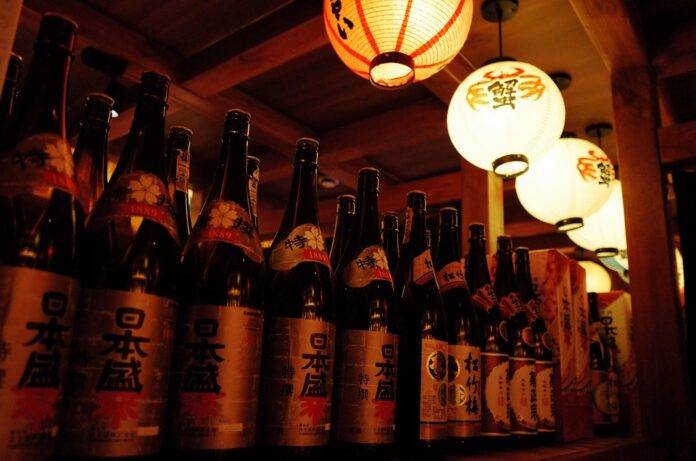Introduction
Japan is known for its rich culture, traditions, and unique alcoholic beverages. While sake is often the first spirit that comes to mind when thinking about Japanese drinks, shochu has actually surpassed sake as the most widely consumed spirit in Japan. In this report, we will delve into the reasons why shochu has gained popularity over sake, exploring the financial data, industry insights, and consumer trends that have contributed to its success.
Shochu vs. Sake: Understanding the Key Differences
Production Process
One of the main differences between shochu and sake lies in their production processes. Sake is a rice wine made through the fermentation of polished rice, while shochu is a distilled spirit made from various raw materials such as sweet potatoes, barley, or rice. The distillation process gives shochu a higher alcohol content compared to sake, making it a stronger spirit.
Alcohol Content
Sake typically has an alcohol content ranging from 15% to 20%, while shochu can have an alcohol content of up to 40%. This higher alcohol content makes shochu a popular choice for those looking for a stronger drink.
Flavor Profile
Another key difference between shochu and sake is their flavor profiles. Sake has a smooth and delicate taste, often described as slightly sweet or floral. On the other hand, shochu has a more robust and earthy flavor, with variations depending on the raw materials used in its production.
Financial Data and Industry Insights
Market Size and Growth
According to industry reports, the shochu market in Japan has been steadily growing over the past decade. In 2020, the market size of shochu was estimated to be around 600 billion yen, surpassing the market size of sake. This growth can be attributed to changing consumer preferences and the increasing popularity of shochu-based cocktails.
Major Players in the Shochu Industry
Some of the major players in the shochu industry include Kirishima Shuzo Co., Ltd., Takara Shuzo Co., Ltd., and Sanwa Shurui Co., Ltd. These companies have been instrumental in promoting shochu both domestically and internationally, contributing to its rise in popularity.
Export Market
While shochu is primarily consumed in Japan, there has been a growing interest in shochu in international markets. The export market for shochu has been expanding, with countries like the United States, South Korea, and Taiwan showing a growing demand for this Japanese spirit.
Consumer Trends and Preferences
Health Benefits
One of the reasons why shochu has gained popularity over sake is its perceived health benefits. Shochu is often marketed as a healthier option due to its lower calorie content and the presence of polyphenols, which are antioxidants that have been linked to various health benefits.
Versatility in Cocktails
Shochu’s versatility in cocktails has also contributed to its popularity. Bartenders and mixologists have been experimenting with shochu in various cocktails, creating unique and innovative drinks that appeal to a wide range of consumers. This versatility has made shochu a favorite choice for those looking for a refreshing and flavorful cocktail experience.
Cultural Significance
Shochu has a strong cultural significance in Japan, with many regions producing their own unique varieties of shochu. This cultural diversity has contributed to the popularity of shochu, as consumers are drawn to the different flavors and characteristics of each region’s shochu.
Conclusion
In conclusion, shochu has become Japan’s most widely consumed spirit over sake due to its unique production process, higher alcohol content, and versatile flavor profiles. The financial data, industry insights, and consumer trends discussed in this report highlight the reasons behind shochu’s growing popularity both in Japan and internationally. As consumer preferences continue to evolve, shochu is expected to maintain its position as a beloved Japanese spirit for years to come.



